RPGs have been in what you could charitably call a transitional generation, somewhere between when Final Fantasy and Dragon Quest dominated and a place where role-playing and all that it entails is less a genre in itself and more a set of conventions to be adopted by others. I don’t like it, but it’s true.
Two elements that actual RPGs have been pioneering this gen, though, have been morality and branching. They go hand-in-hand to a certain extent, but for me they’ve become an integral part of the role-playing experience, mainly because they actually entail playing a role. Previously even silent protagonists have been stretching the definition of roles, being that you’re along for the ride and doing nothing to put your mark on the character.
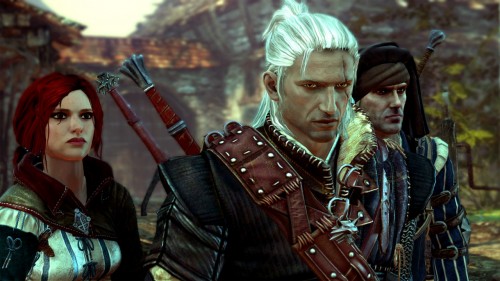
I’ve been playing The Witcher 2 over the last couple of weeks, now that I can play the incredible Xbox 360 port – seriously, there must have been some actual witchcraft involved there – and it puts to shame most games in their attempts to get these new mechanics right. It shouldn’t be so, because this is the RPG where you’re actually playing a defined character with an established personality and back story, but by casting you as a protagonist who is by default a neutral outsider in all conflicts, CD Projekt Red has its cake and eats it, as Geralt, and therefore the player, can do what he likes without breaking character.
Morality in games has only recently become fashionable, and it’s often depressingly childish in how binary it is. Mass Effect is another offender, where your character genuinely starts to look scarred and glow with an eerie red light if you decide not to take the recklessly moral ‘Paragon’ route. The morality in that game is literally reduced to a number, your responses adding a +1 to your Paragon/Renegade bar depending on whether you prefer the recklessly idealistic absolute moral code of ‘good’ Shepard or the cackling villain of the ‘bad’ route, wherein you have to wonder about a galactic society that lets such an unhinged individual be in charge of the fate of everything. The series actually rewards you for picking one extreme over another, suggesting that Shepard is deliberately set up to be either Mary Sue or space Hitler. Continue reading The Witcher 2 and Playing a Character

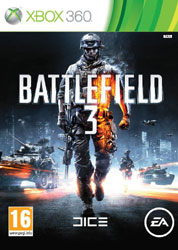 Yes, really.
Yes, really.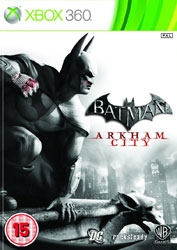 Rocksteady threatened to do it with
Rocksteady threatened to do it with 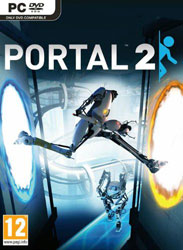 Valve was robbed by a last-minute goal here. Portal 2 comfortably led the race to be the best game of the year for much of the calendar as we suffered through the paucity of releases, only being pipped when other great developers got their arses in gear and, you know, actually released some games.
Valve was robbed by a last-minute goal here. Portal 2 comfortably led the race to be the best game of the year for much of the calendar as we suffered through the paucity of releases, only being pipped when other great developers got their arses in gear and, you know, actually released some games.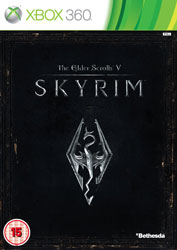 Imagine the plaudits a Bethesda game could boast if it made one that actually worked. Skyrim suffers from fundamental bugs that have plagued this new/old engine through Oblivion and two Fallout games so far, and yet it’s still managing to clock up incredible numbers of awards along the way. I can only assume that a Bethesda game with actual polish, once the critics recovered from the shock of it, would result in calls for all other developers to give up and go home for the year.
Imagine the plaudits a Bethesda game could boast if it made one that actually worked. Skyrim suffers from fundamental bugs that have plagued this new/old engine through Oblivion and two Fallout games so far, and yet it’s still managing to clock up incredible numbers of awards along the way. I can only assume that a Bethesda game with actual polish, once the critics recovered from the shock of it, would result in calls for all other developers to give up and go home for the year.